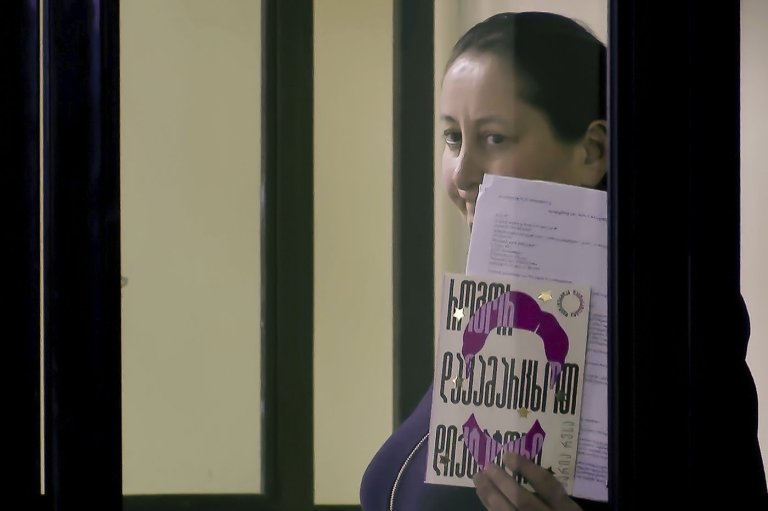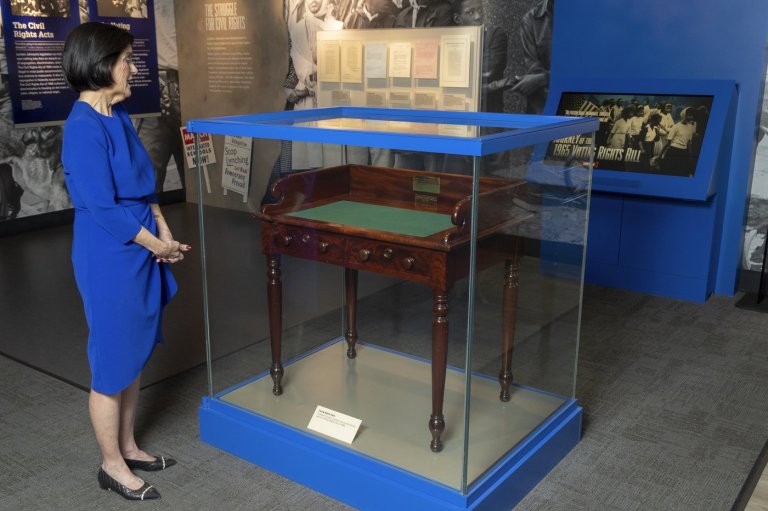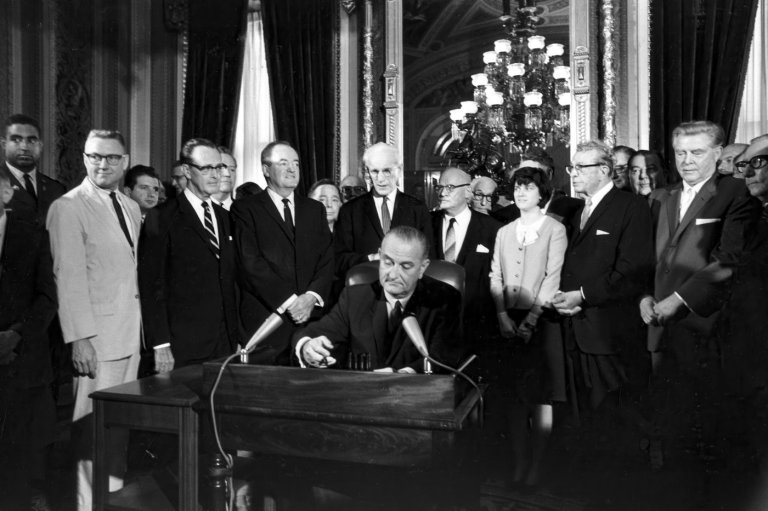Court clears way for trial in copyright lawsuit over video of baby dancing to Prince song
SAN FRANCISCO – A federal appeals court Monday cleared the way for a trial in a copyright lawsuit over a YouTube video showing a baby dancing to the Prince song, “Let’s Go Crazy.”
The lawsuit was filed by the baby’s mother, Stephanie Lenz, after Universal Music sent a notice to YouTube demanding the video be taken down for violating the song’s copyright. Lenz posted the 29-second video in February 2007. It was taken down a few months later, but went back up weeks later and remains on the site. It has been viewed more than a million times.
The 9th U.S. Circuit Court of Appeals said copyright holders can’t demand videos and other content that uses their material be taken down without determining whether they constitute “fair use.” It’s the first circuit court to issue such a ruling, according to the Electronic Frontier Foundation, the civil liberties group that represented Lenz in her lawsuit.
Fair use allows segments of copyrighted works to be used for purposes of criticism, comment, research or in other limited circumstances without a license from the copyright holder.
Lenz said the video is fair use and Universal had failed to consider that before ordering the video taken down.
Universal said it considered fair use and still determined the use of Prince’s song in the video was unauthorized.
The 9th Circuit said a jury would have to decide whether Universal had done enough to form a good faith belief that the video violated fair use. The court agreed with a lower court that rejected Universal’s and Lenz’s motions to grant pre-trial judgments in their favour. The 9th Circuit also said Lenz could seek damages.
When asked for comment, a spokesman for Universal Music Group deferred to a statement from the Recording Industry Association of America, which said it disagreed with the “burden the court places upon copyright holders before sending takedown notices.” Universal had argued that considering whether material is fair use could slow its response to stamping out pirated versions of its work.
The Electronic Frontier Foundation said the ruling has ramifications beyond Lenz’s case.
“Today’s ruling sends a strong message that copyright law does not authorize thoughtless censorship of lawful speech,” EFF Legal Director Corynne McSherry said in a statement.
In the video, Lenz’s two young children are in the family’s kitchen while “Let’s Go Crazy” plays in the background. Her 13-month-old son bounces up and down after she asks him what he thinks of the music.
An assistant in the legal department at Universal tasked with patrolling YouTube for Prince’s songs determined “Let’s Go Crazy” was the focus of the video, according to the 9th Circuit. The assistant decided it should be included in a notice that asked YouTube to take down more than 200 videos that Universal believed were making unauthorized use of Prince’s songs.
Join the Conversation!
Want to share your thoughts, add context, or connect with others in your community? Create a free account to comment on stories, ask questions, and join meaningful discussions on our new site.

















Leave a Reply
You must be logged in to post a comment.